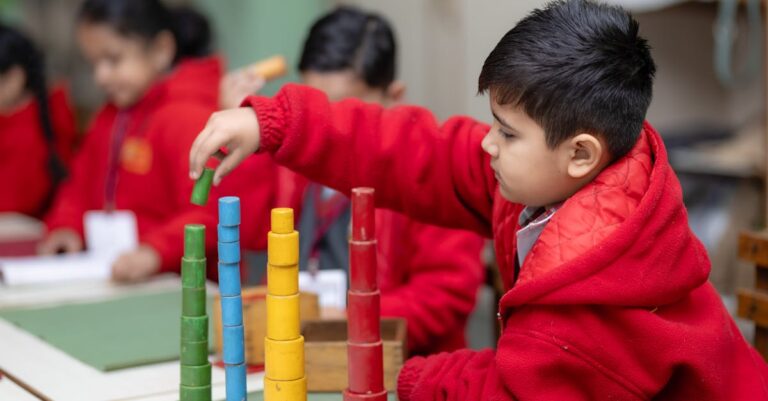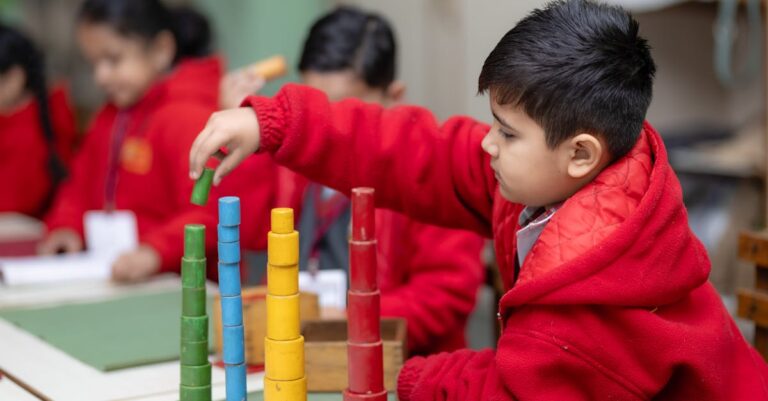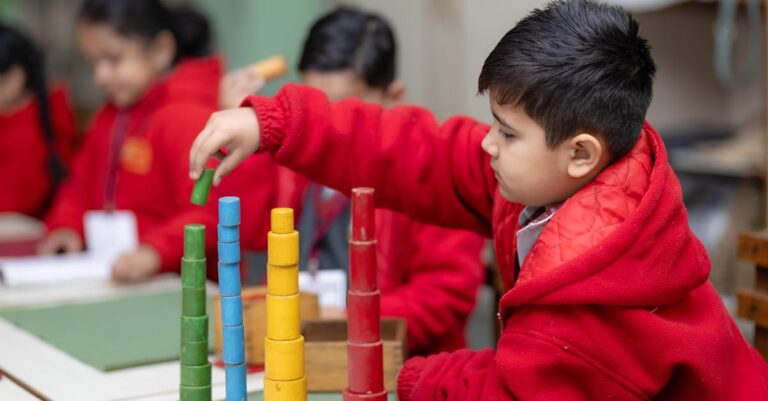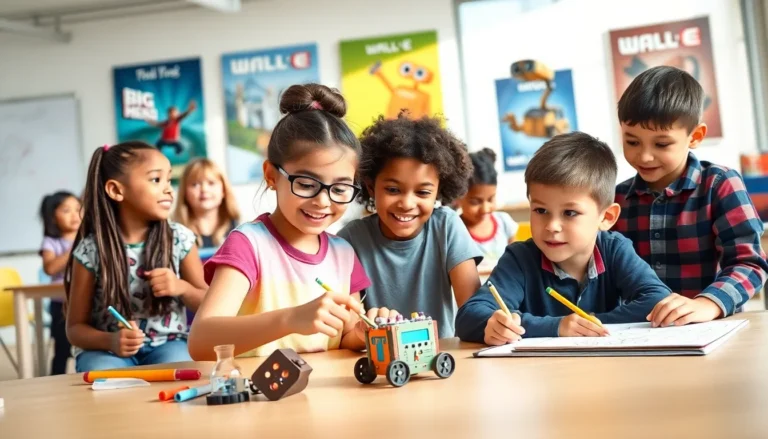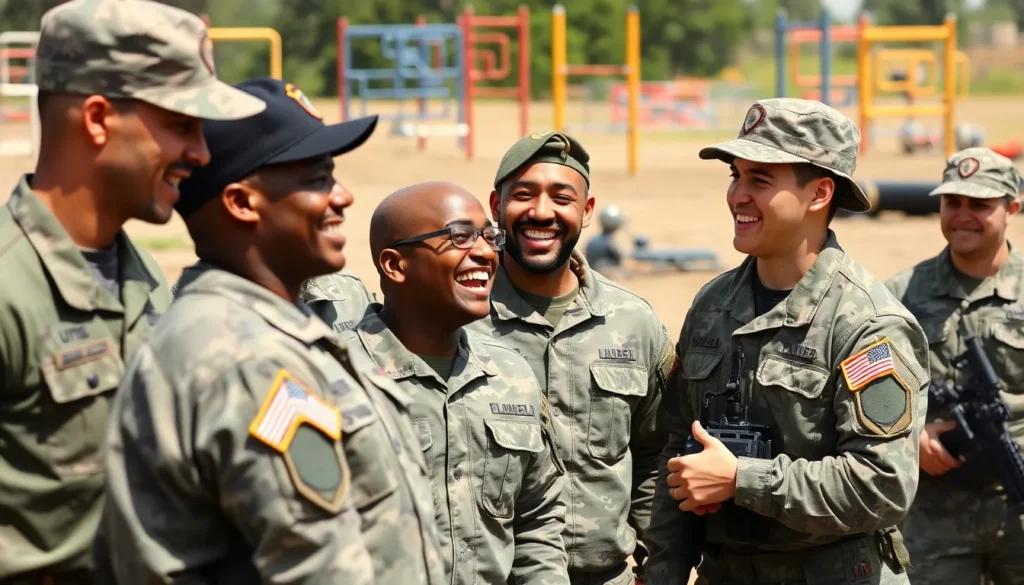Table of Contents
ToggleWhen it comes to the world of army soldiers, the stories are as diverse as the uniforms they wear. From epic tales of bravery to the lighter moments that keep spirits high, soldiers have a unique way of balancing duty with humor. Imagine a group of tough warriors cracking jokes over MREs, proving that laughter is truly the best weapon in their arsenal.
In this fast-paced world, the short yet impactful narratives about these soldiers can inspire and entertain. They reveal the human side of military life, showcasing resilience, camaraderie, and the occasional mishap that leaves everyone in stitches. Whether it’s a quick anecdote or a heartwarming moment, these snippets offer a glimpse into the lives of those who serve, reminding us that even in the toughest times, a good laugh can make all the difference.
Overview of Army Soldiers for Short Nyt
Army soldiers embody a unique blend of resilience and humor in their daily lives. Experiences range from intense training to crucial missions, and camaraderie often flourishes in the face of adversity. Finding joy in small moments, these individuals form lasting bonds that uplift their spirits.
Humor serves as a coping mechanism during challenging times. Many soldiers share light-hearted stories that illustrate their ability to laugh even when faced with stress. Activities like shared jokes and funny incidents break the tension, creating an environment of mutual support.
Daily routines include various duties that demand discipline and focus. Soldiers engage in fitness training, tactical drills, and teamwork exercises. Adaptability emerges as a core skill, enabling them to navigate unpredictable situations effectively.
Narratives within this realm expose the human side of military life. Soldiers often recount amusing encounters, fostering connection and understanding. These short accounts highlight the importance of shared experiences, reminding others of their strength amidst challenges.
Some moments display the lighter aspects of military culture. From playful banter during downtime to creative problem-solving on the field, these aspects reflect a deeper sense of community. Through humor, soldiers reinforce resilience, transforming difficult experiences into valuable memories.
Overall, the blend of duty and humor paints a vibrant picture of army life. This dynamic creates a supportive atmosphere that enables soldiers to thrive while embracing their roles within the military.
Key Roles of Army Soldiers
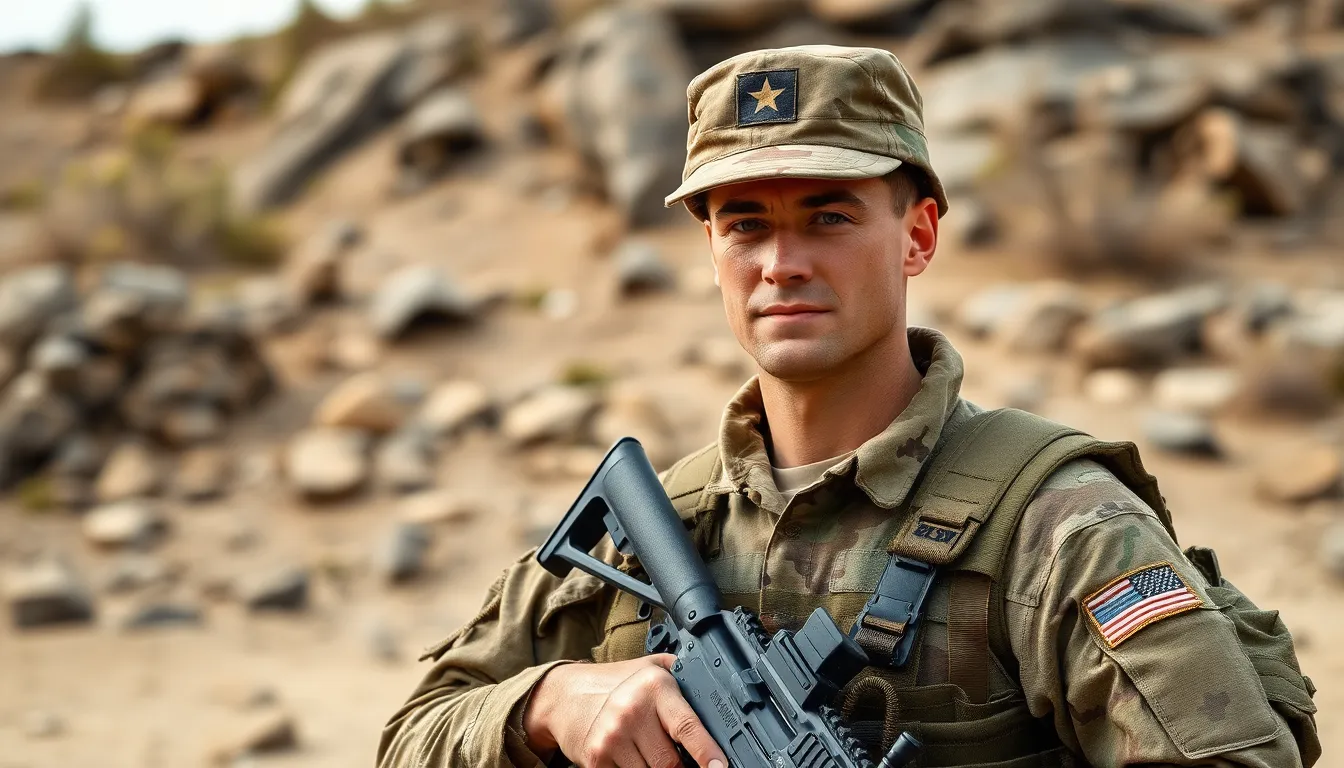
Army soldiers fulfill essential roles that ensure national security and operational effectiveness. Their responsibilities range from direct combat to support functions, each critical in maintaining military preparedness.
Combat Responsibilities
Combat responsibilities center on engaging enemy forces and protecting national interests. Soldiers participate in direct actions during military operations where strategy and tactical execution are crucial. They conduct reconnaissance missions to gather intelligence, ensuring informed decision-making. The roles also extend to operating advanced weaponry and equipment in various theaters. Risk management becomes vital, as soldiers must adapt quickly to ever-changing battle conditions. Every engagement involves teamwork and communication to maximize chances of success. Each soldier’s training prepares them for the physical and mental challenges faced in combat scenarios.
Support Functions
Support functions encompass various tasks that enable military readiness and effectiveness. Soldiers in logistics manage supply chains, ensuring troops have necessary equipment and resources. Medical personnel provide crucial care to injured soldiers, often in high-pressure situations. Maintenance teams oversee the upkeep of vehicles and equipment, keeping everything operational. Additionally, administrative roles facilitate communication and coordination within units. Training exercises enhance soldiers’ skills, preparing them for diverse situations encountered during deployments. Every support role plays an integral part in sustaining mission objectives and ensuring overall success.
Training and Preparation
Training and preparation cultivate the essential skills for army soldiers. From basic training to advanced skills development, each phase plays a pivotal role in their readiness.
Basic Training Essentials
Basic training establishes foundational skills crucial for military service. Recruits learn physical fitness, marksmanship, and combat techniques. During this phase, discipline and teamwork become integral as soldiers practice drills and scenarios. Understanding military structure and protocols also occurs, ensuring familiarization with commands and regulations. Engaging in exhaustive physical training prepares them for the physical demands of military life. Continuous evaluation tracks progress, reinforcing the importance of adaptability and resilience right from the outset.
Advanced Skills Development
Advanced skills development enhances specialized training essential for various military functions. Soldiers delve into areas like weapon systems, tactical operations, and leadership. Engaging in simulations prepares them for real-world scenarios, testing their decision-making under pressure. Skill assessments occur regularly, allowing instructors to identify strengths and areas for improvement. Collaboration with experienced personnel builds knowledge in advanced techniques and technologies. Focus on operational readiness ensures soldiers adapt to diverse challenges in the field.
Life of Army Soldiers
Life in the army presents unique experiences shaped by duty, camaraderie, and resilience.
Daily Routines
Daily routines for army soldiers involve structured schedules that promote discipline. Morning physical training, often including running and strength exercises, prepares them for the demands of service. Soldiers also engage in specialized tasks, such as weapons handling and tactical drills. Meals typically occur in the mess hall, where communal dining fosters connections. Continuous training and skills enhancement remain priorities throughout the day. Evening hours may include briefings and planning for upcoming missions. Additionally, downtime serves as a chance for relaxation and bonding through games, music, or sharing stories. These routines contribute to a well-rounded and united team.
Challenges Faced
Soldiers encounter various challenges that test their limits. Emotional strain from long deployments impacts mental health and relationships. Adverse weather conditions, including extreme heat and cold, can affect overall performance and morale. Physical injuries from rigorous training or combat situations often require resilience and rehabilitation efforts. Coping with uncertainty during missions can increase stress levels, demanding mental toughness. Navigating interpersonal relationships amidst the intense environment influences team dynamics. Balancing personal life with military obligations proves difficult as well. Overcoming these challenges is essential for maintaining operational effectiveness and personal well-being.
Impact on Society
Army soldiers significantly influence society through their roles in national security and community engagement. They embody resilience, often balancing rigorous training with moments of levity that foster camaraderie. Many soldiers return home, bringing unique experiences that enrich local communities and inspire others.
The contributions of soldiers extend beyond the battlefield. They engage in various outreach activities, promoting values such as discipline and teamwork among youths. Programs like mentoring initiatives and speaking engagements in schools help bridge the gap between military and civilian life, fostering mutual understanding.
Mental health awareness also benefits from soldiers’ experiences. Sharing narratives of coping with emotional challenges raises awareness about mental health issues in society. Soldiers often become advocates, encouraging communities to prioritize mental well-being, reducing stigma around seeking help.
Moreover, the skills developed in the military translate into civilian job readiness. Many veterans apply their leadership skills and discipline in various industries, boosting workforce productivity and innovation. Employers value the unique perspectives that veterans bring to the table.
Active involvement in community service further highlights their societal impact. Soldiers often participate in charity events, disaster relief efforts, and volunteering activities, reinforcing a sense of responsibility towards others. This engagement cultivates community resilience and strengthens social bonds.
In addition, cultural representations of soldiers in film and literature shape public perceptions. These portrayals often evoke respect and admiration, fostering national pride. Through media, soldiers’ stories resonate with a broader audience, encouraging appreciation for their sacrifices.
The overall impact of army soldiers on society manifests in diverse ways, emphasizing the importance of their service. Communities witness a blend of strength, support, and shared experiences that enhance societal cohesion. This intricate relationship showcases the enduring influence of military service on everyday life.
The experiences of army soldiers reveal a unique blend of resilience and camaraderie. Through humor and shared stories, they navigate the challenges of military life while fostering strong bonds within their units. Their commitment to duty is matched by their ability to uplift each other in tough times.
The rigorous training soldiers undergo prepares them not just for combat but also for life beyond the military. Their skills in leadership and teamwork translate into valuable assets in civilian life. As they engage with their communities, soldiers continue to embody the principles of discipline and service.
Ultimately, the narratives of army soldiers highlight their significant contributions to society and the enduring spirit that defines military service. Their journey is a testament to the strength found in unity and the power of laughter in overcoming adversity.


